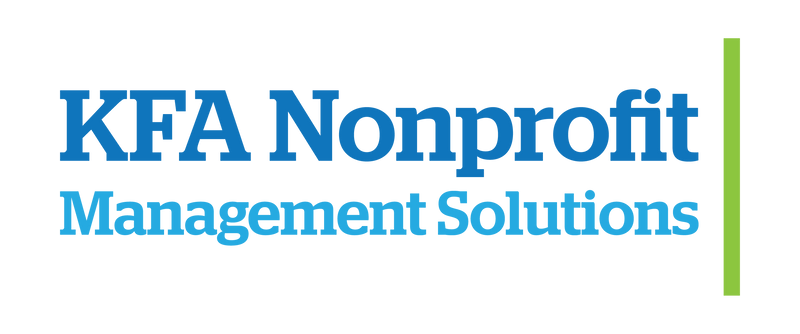There are several opportunities in this GRU for organizations focused on health related research. The National Institutes of Health is providing two grants to investigate the fundamental science of mind and body approaches (only one is highlighted below). An open competition for FY 2018 projects to combat trafficking in persons outside of the United States has just been announced. There are monies being awarded to fund a Youth Regional Treatment Center (YRTC) Aftercare Pilot Project by Indian Health Service.
National Institutes of Health
Grant Title: Fundamental Science Research on Mind and Body Approaches (R01 - Clinical Trial Optional)
Grant Info: http://www.grants.gov/web/grants/view-opportunity.html?oppId=297951
Details: This Funding Opportunity Announcement (FOA) encourages research grant applications (R01) to investigate the fundamental science of mind and body approaches, including mind/brain-focused practices (e.g., meditation, hypnosis), body-based approaches (e.g., acupuncture, massage, spinal manipulation/mobilization), meditative exercise (e.g., yoga, tai chi, qi gong), art and music therapies, or integrative approaches combining several components. Studies of pharmacologic approaches exclusively are not included in the scope of this FOA.
Office to Monitor-Combat Trafficking in Persons
Grant Title: FY 2018 TIP Office International Programs to Combat Human Trafficking Funding Opportunity – SOIs
Grant Info: http://www.grants.gov/web/grants/view-opportunity.html?oppId=297971
Details: This is the TIP Office FY 2018 Request for Statements of Interest for International Programs. See Grant Announcement for greater details concerning eligibility and application requirements.
Indian Health Service
Grant Title: Youth Regional Treatment Center Aftercare Pilot Project
Grant Info: http://www.grants.gov/web/grants/view-opportunity.html?oppId=297946
Details: The purpose of the Youth Regional Treatment Center (YRTC) Aftercare Pilot Project cooperative agreement is to address the gap in services that occurs when youth are discharged upon successful completion of a YRTC treatment program and return to their home community where necessary support systems may not exist. Insufficient options for continued care at home and in the community significantly decrease the likelihood of a continued journey of wellness for youth exiting the care of an YRTC. This pilot project will develop promising practices between YRTCs and Tribal communities to reduce alcohol and substance use relapse by identifying transitional services that can be culturally adapted to meet the needs of American Indian / Alaska Native (AI/AN) youth to increase resiliency, self-coping, and provide support systems. By exploring solutions for how this continuum of care should take place after inpatient treatment, efforts will be made to establish community-based approaches to reduce alcohol and substance use relapse and establish effective reintegration processes. Each application for the YRTC Aftercare Pilot Program will be required to address the following six objectives as outlined (and detailed in Section A, Part B-Proposed Approach) in their project narrative. 1. Provide aftercare and case management services. 2. Create and train community support systems in evidence-based care. 3. Identify and implement best practices for increasing access to transitional services. 4. Incorporate social media into aftercare practices. 5. Increase data collection for post residential discharged youth. 6. Evaluate and disseminate information among all YRTC facilities.
